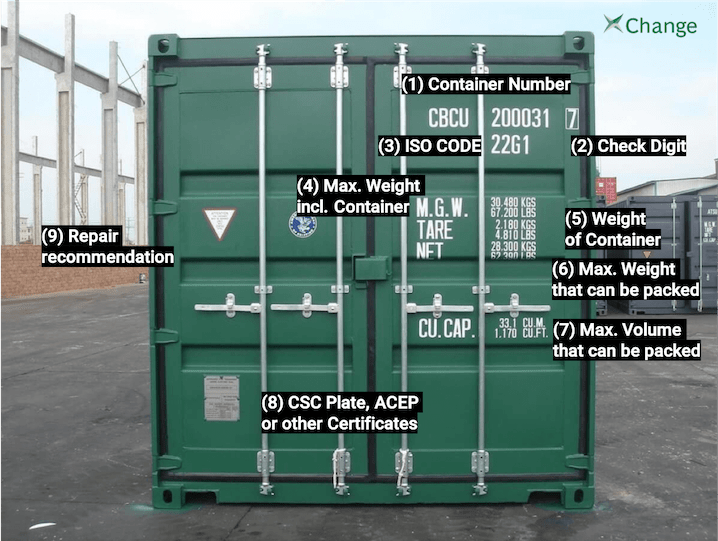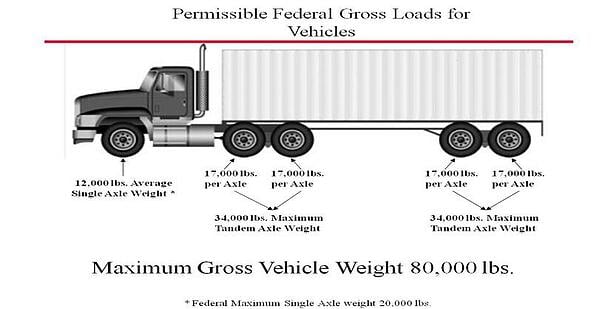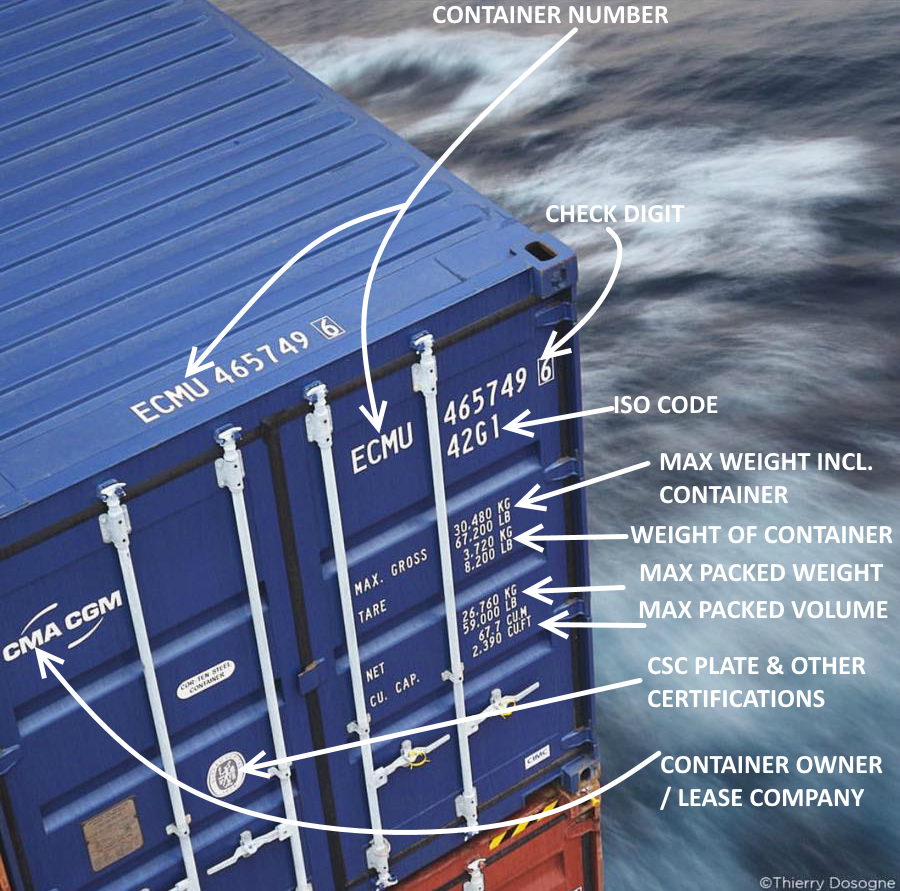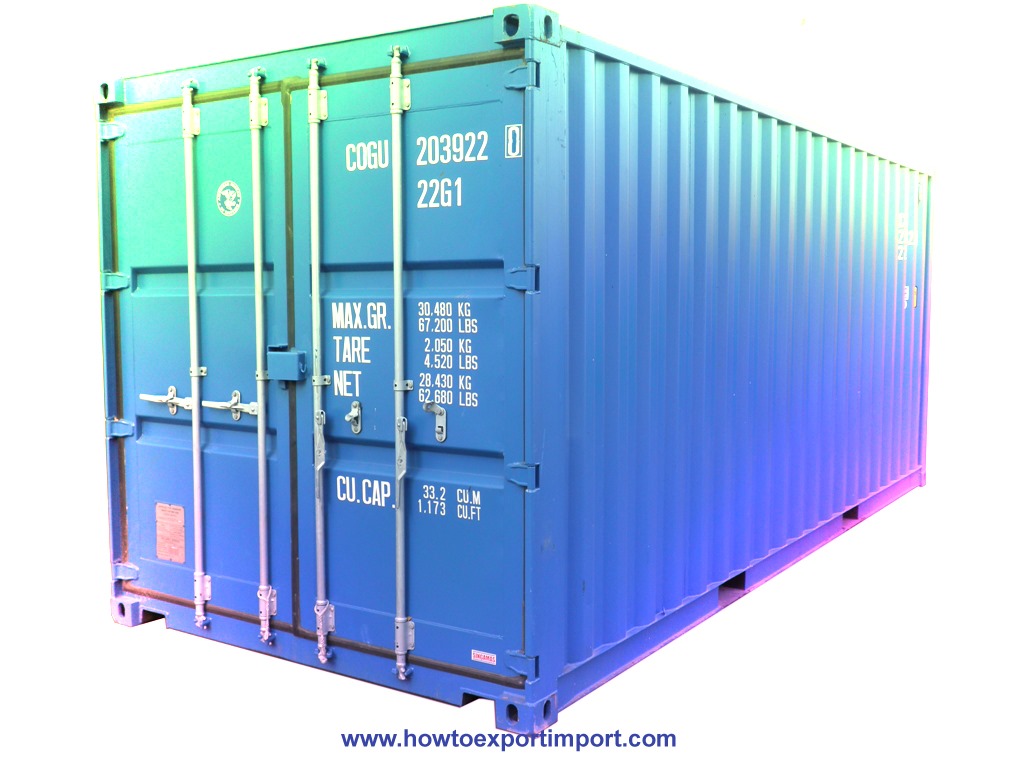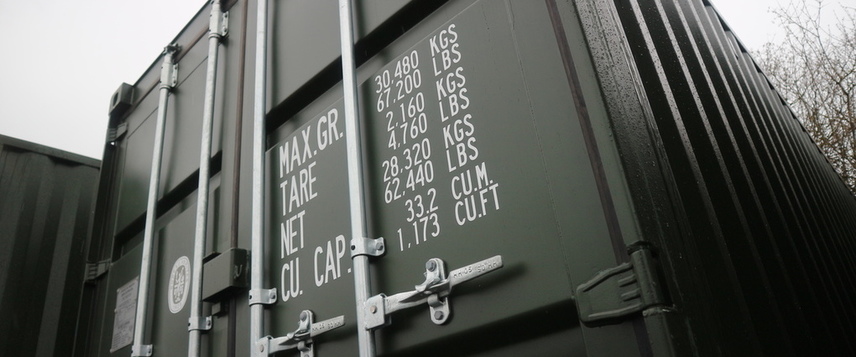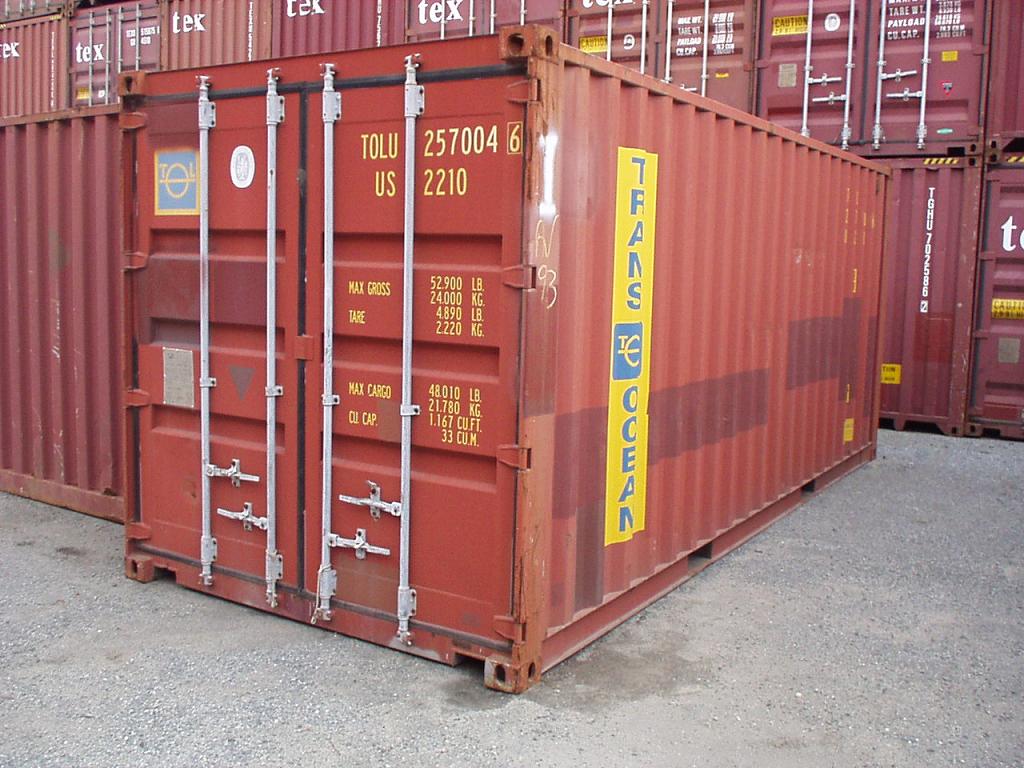Container Tare Weight Meaning
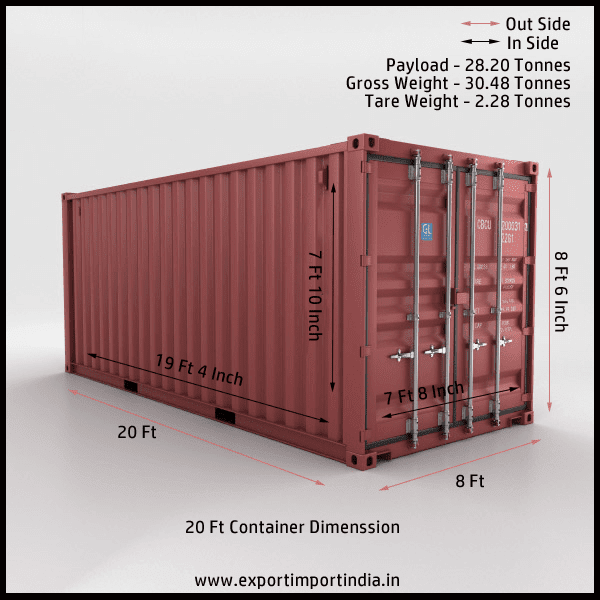
The tare weight of a 20ft shipping container is already 2 180kg while the biggest container the 40ft high cube has a tare weight of 3 820kg.
Container tare weight meaning. The weight of a vehicle or container when empty taken away from the combined weight of the vehicle etc. In wholesale and retail trade it is the weight of box packaging wrapping strapping etc. The tare weight of grain hopper cars is approximately 20 tonnes. It can also be obtained from subtracting the weight of the cargo content from the container gross weight.
Definition of tare weight. What does net on a container mean. Tare weight plus net weight equals gross weight. This is called tare weight.
During contingencies 85 percent of all military cargo is moved by commercial sealift. Tare is the weight of an empty container. A typical 20 foot container weighs about 4 500 pounds empty. Tare weight is defined as the total weight of tractor and trailer when the vehicle is empty meaning there is not any product in the trailer.
This is called payload. Tare weight can also be called unladen weight. Tare weight is the weight of an empty container employed for transportation purposes. The officially accepted weight of an empty car vehicle or container that when subtracted from gross weight yields the net weight of cargo or shipment upon which charges can be calculated compare tare entry 2.
Often times the tare weight is printed on intermodal container to help in the computation of the gross weight when loading the equipment. What does tare weight mean. Plus the goods it is carrying to find the net weight of the goods. In transportation it is the weight of the carrier such as truck or van.
Net is applicable to the weight of the cargo. Containerizing the joint force. It can store or transport an additional 40 000 pounds. Tare weight ˈ t ɛər sometimes called unladen weight is the weight of an empty vehicle or container.
To calculate the net weight of a load the container is weighed to establish the tare weight loaded and then weighed again for the gross weight. This weight is used in calculations of net weight for tasks which range from properly charging customers for consumer goods to taxing laden trucks as they cross borders.


